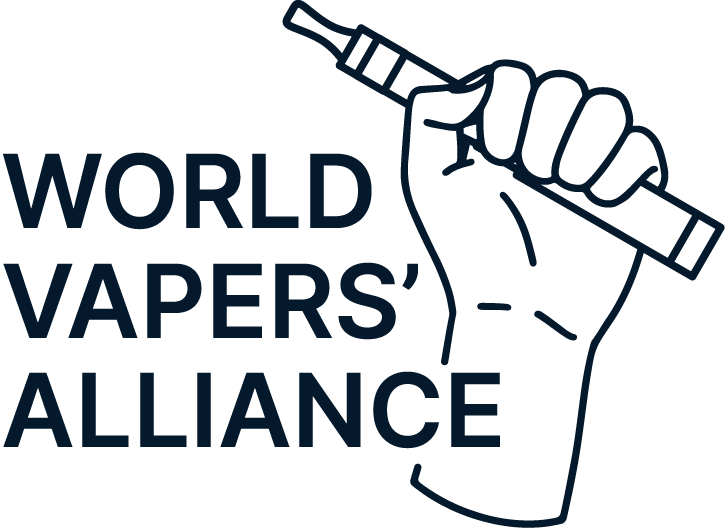Ist Dampfen schädlicher oder weniger schädlich als Rauchen, und kann es zu einer Verbesserung der öffentlichen Gesundheit beitragen? Trotz ihrer scheinbaren Einfachheit spaltet diese Frage Parlamente, Journalisten und Aktivisten der Tabakkontrolle, obwohl die Antwort eindeutig ist: Dampfen ist weniger schädlich als Rauchen und stellt einen Wendepunkt für die öffentliche Gesundheit dar.
Die Epidemie der Fehlwahrnehmungen
Entsprechend Forschung Eine von Ipsos im Auftrag des Thinktanks “We Are Innovation” durchgeführte Umfrage ergab, dass erstaunliche 741.040 Raucher weltweit fälschlicherweise glauben, dass Dampfen genauso schädlich oder sogar schädlicher sei als Rauchen. Dieses weit verbreitete Missverständnis, das durch Fehlinformationen genährt wird, hält potenziell Millionen von Menschen davon ab, auf eine sicherere Alternative wie das Dampfen umzusteigen. Eine aktuelle Studie aus Großbritannien bestätigt dies. Studie Unterstützt wird dies durch den Hinweis, dass “die Wahrnehmung von Schäden das spätere Verhalten beim Dampfen und Rauchen vorhersagt”.”
Da korrekte Informationen die Grundlage einer wirksamen Gesundheitspolitik bilden, ist es unerlässlich, dass Raucher Zugang zu den wahren Informationen über sicherere Alternativen haben. Leider vernachlässigen viele sogenannte Gesundheitsorganisationen diese Tatsache. zur Verbreitung von Fehlinformationen beitragen. Diese Organisationen, darunter die Weltgesundheitsorganisation (WHO), haben diese Epidemie der Fehlwahrnehmung durch irreführende Aussagen weiter angeheizt. Allein in den letzten sechs Monaten hat die WHO mehr als zehn Mal irreführende Informationen über E-Zigaretten und Nikotin verbreitet, darunter unbegründete Behauptungen, dass E-Zigaretten Krebs verursachen und dass sie oft mehr Schadstoffe enthalten als herkömmliche Zigaretten.
Die WHO konzentriert sich fälschlicherweise auf E-Zigaretten und andere vermeintlich sicherere Nikotinprodukte, anstatt auf die eigentliche Bedrohung – das Rauchen – und hindert Raucher so daran, auf gesündere Alternativen umzusteigen. Das ist nicht nur falsch, sondern gefährlich.
Lesen Sie den vollständigen Text Hier







